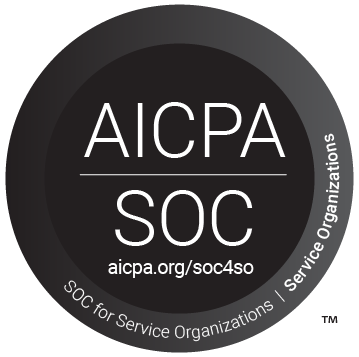The real estate industry has been hit hard by COVID-19, hurt by widespread fears about the disease and measures aimed at halting its spread. But not all sectors have been equally affected. Hospitality and retail, in particular, have borne the brunt, slammed by stay-at-home mandates and restrictions on travel. Many office-related categories have also suffered, with employees at “nonessential” businesses being laid off, furloughed, or told to stay home to mitigate infection hotspots and employer liability.
Interestingly, one sector that has seen more weakness than might have been expected is healthcare. While there has undoubtedly been a big uptick in demand for pandemic-related treatments, there’s been softness elsewhere. Many Americans either chose or were required to postpone check-ups and other elective procedures.
The net fallout from this development is evident in U.S. employment data. According to CoStar, dentist and physician offices, which represent two of the three largest segments in the medical office space, lost 503,000 and 243,000 jobs, respectively, in April.
Not going away
That said, there are reasons to believe the weakness in healthcare CRE will be temporary. For one thing, there will still be a significant need for offices where medical and dental professionals can see patients, suggesting underlying demand won’t be going away anytime soon.
In fact, one could argue there is plenty of pent-up interest for healthcare services. While it’s a good bet that those who missed more than one teeth-cleaning session, for example, won’t try to make up the difference, those who put off necessary treatments or who have a post-lockdown desire to look after themselves will start booking appointments.
To be sure, lingering economic woes could undercut demand for cosmetic or other less-than-necessary procedures, at least in the short run. There may also be some hesitation among patients, especially where physical interactions with providers are considered too close for comfort.
In the latter case, medical professionals may have no choice but to make numerous adjustments, including extending office hours, staggering appointments, employing more personal protection equipment, and altering working environments so it’s more difficult for the disease to gain a foothold.
Big-picture fundamentals remain the key driver
The cost of making these changes could hurt practice profitability, which could then spill over and pressure rents. While this might keep healthcare sector cap rates—net operating income divided by property value—above the lows they hit prior to COVID-19, any easing up will likely be offset by a post-crisis push for broader healthcare coverage and the expanding treatment needs of an aging population.
Of course, if conditions remain bad for longer than expected or the U.S. gets hit by a second wave of infections, the healthcare segment—and CRE more generally—could be damaged further. We could see practices close, or those that stay open having a hard time recalling or replacing previously furloughed employees, making it difficult for them to keep pace with demand.
At E78 Partners, we believe these risks have already been somewhat discounted. In our view, the industry’s positive structural dynamics make healthcare-related real estate an attractive proposition at current prices and valuations. That said, we remain committed to helping our healthcare partners navigate the current challenges and look forward to growing with them as conditions improve. Find out how we can help you, contact us today.

